
These Beauty Brands Still Test on Animals!
Although it’s 2017 and most companies have come to realise that we don’t like animal testing, a fair few number of beauty brands are still putting profits before paws. This our list of companies that still test on animals right now. If you would like to take a stand against animal testing all you have to do is not buy from these companies. Your money will go towards supporting the unfair treatment of animals.
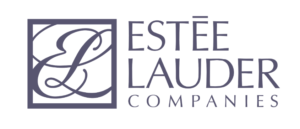


![]()

Estée Lauder own Bobbi Brown, Clinique, Tom Ford Beauty, La Mer,
“The Estée Lauder Companies does not test on animals and we never ask others to do so on our behalf. If a regulatory body demands it for its safety or regulatory assessment, an exception can be made. Our consumers can be certain that we are committed to producing only the highest quality beauty products which meet our exacting efficacy, safety and ethical standards.”
![]()
“M·A·C does not test on animals. We do not own any animal testing facilities and we never ask others to test on animals for us. M·A·C has never tested on animals and we continue to be a leader in the movement to end animal testing globally. While some governments conduct animal testing to prove safety before they will allow us to sell our products, we are advocating for change to prove there are alternatives.” (M·A·C is owned by Estée Lauder).





![]()

Max Factor, Revlon, Cover Girl, Rimmel London, Dolce & Gabbana, and Bourjois Paris all owned by Coty Inc.
“We do not perform, nor do we ever commission any third parties on our behalf to perform, testing of our products or ingredients on animals except where required by law.”
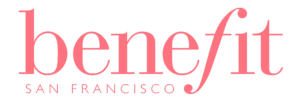 “Some customers expressed concern regarding the situation in China. Our products are made in Europe and for imported cosmetics, the Chinese health authorities order some test on animals: they require companies to make their products available to be tested in state-certified laboratories for registration purposes only, as it is currently their only recognised method to demonstrate product safety.”
“Some customers expressed concern regarding the situation in China. Our products are made in Europe and for imported cosmetics, the Chinese health authorities order some test on animals: they require companies to make their products available to be tested in state-certified laboratories for registration purposes only, as it is currently their only recognised method to demonstrate product safety.”




“NARS does not test on animals nor do we ask others to test on our behalf, except where required by law. NARS is actively working with industry and other partners to eliminate animal testing globally and is committed to the development and acceptance of alternative methods. We are equally dedicated to the health and safety of our consumers ensuring we meet the highest in quality standards.” (NARS is owned by Shiseido).
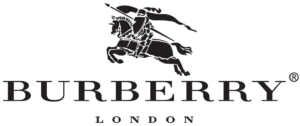 I cannot find a statement online from Burberry but they are sold in mainland China so they must have to test on animals by China’s mandatory animal testing laws and regulations.
I cannot find a statement online from Burberry but they are sold in mainland China so they must have to test on animals by China’s mandatory animal testing laws and regulations.
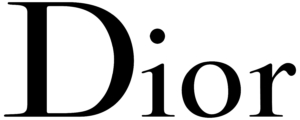
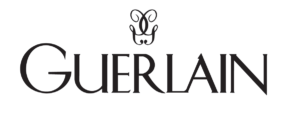
LVMH own Dior and Guerlain.
“In June 2017 Ethical Consumer viewed LVMH’s website for the company’s animal testing policy. No policy or statement regarding its position on animal testing could be found. However, the company had replied to a questionnaire sent by Ethical Consumer. This stated that “since 1989, none of the Perfumes and Cosmetics companies have conducted tests on animals for the products or for the ingredients used in the products they put on the market, thus well in advance of the official ban on animal testing imposed by European Union legislation in 2004.” However, it added that in China (as an example), the public authorities required the company to make its products available for testing in state-approved laboratories for product registration purposes.”
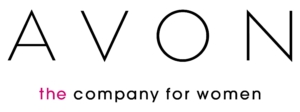
“Unfortunately, a few countries require additional safety testing, which may include animal testing. Avon, in partnership with other organizations, works to help advance government acceptance of alternative non-animal testing methods. But if a compromise cannot be reached, we must comply with the testing required by local law. Animal testing is an issue faced by all global beauty companies.”
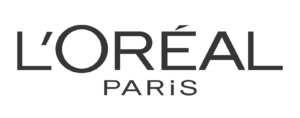

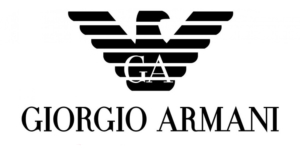
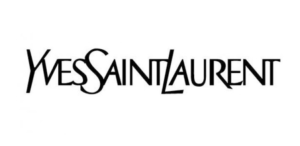
![]() Lancôme, Giorgio Armani, Yves Saint Laurent, and Maybelline New York are all owned by L’Oréal.
Lancôme, Giorgio Armani, Yves Saint Laurent, and Maybelline New York are all owned by L’Oréal.
“L’Oréal no longer tests its ingredients on animals and no longer tolerates any exception to this rule. Certain health authorities may nevertheless decide to conduct animal tests themselves for certain cosmetic products, as it is still the case in China.”



